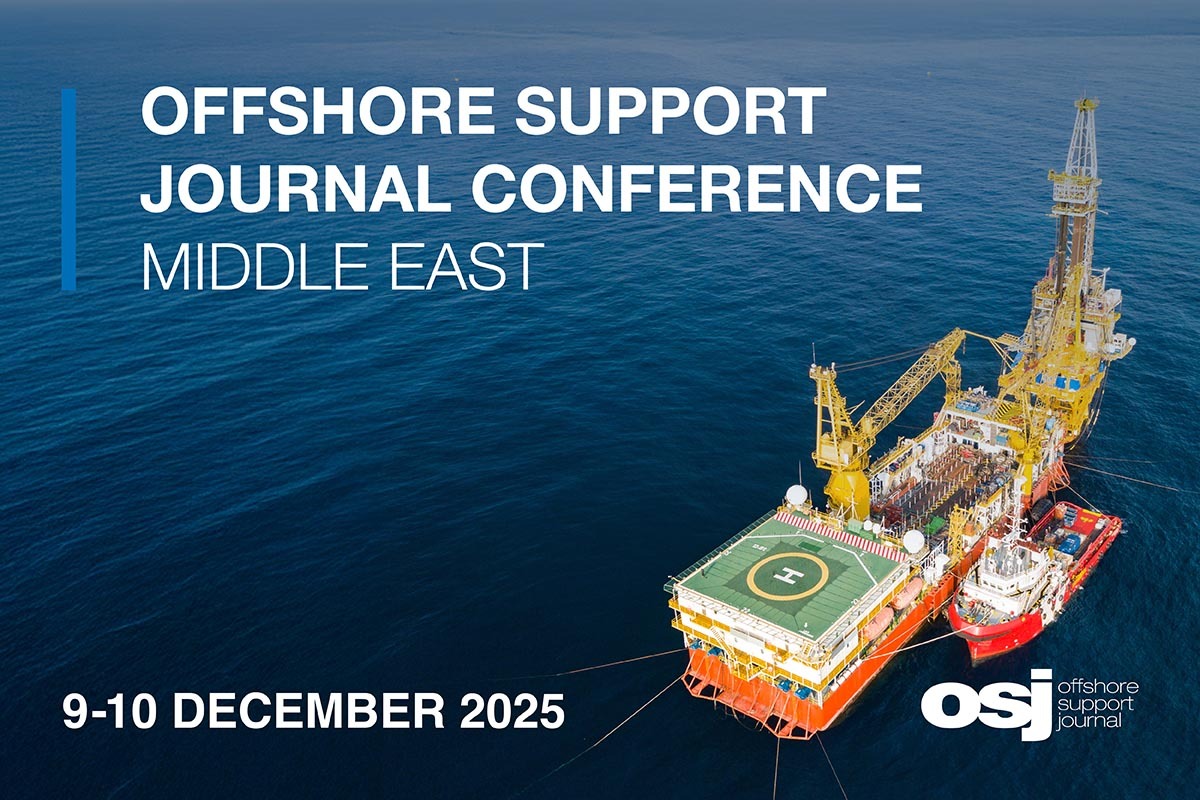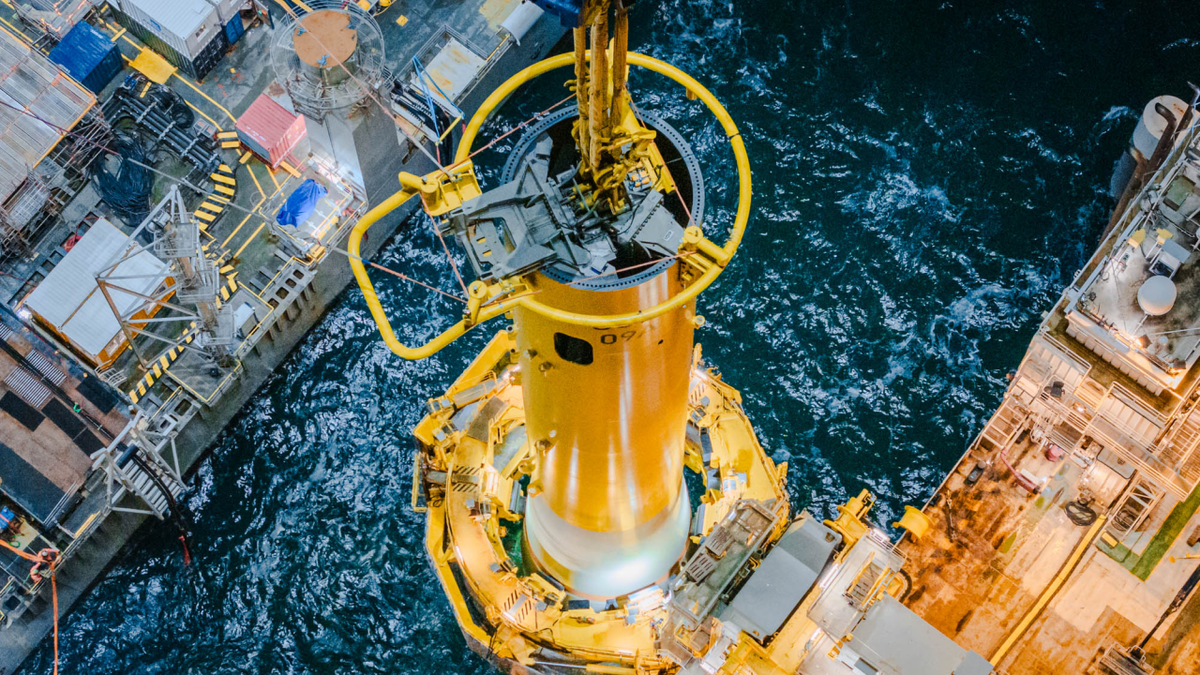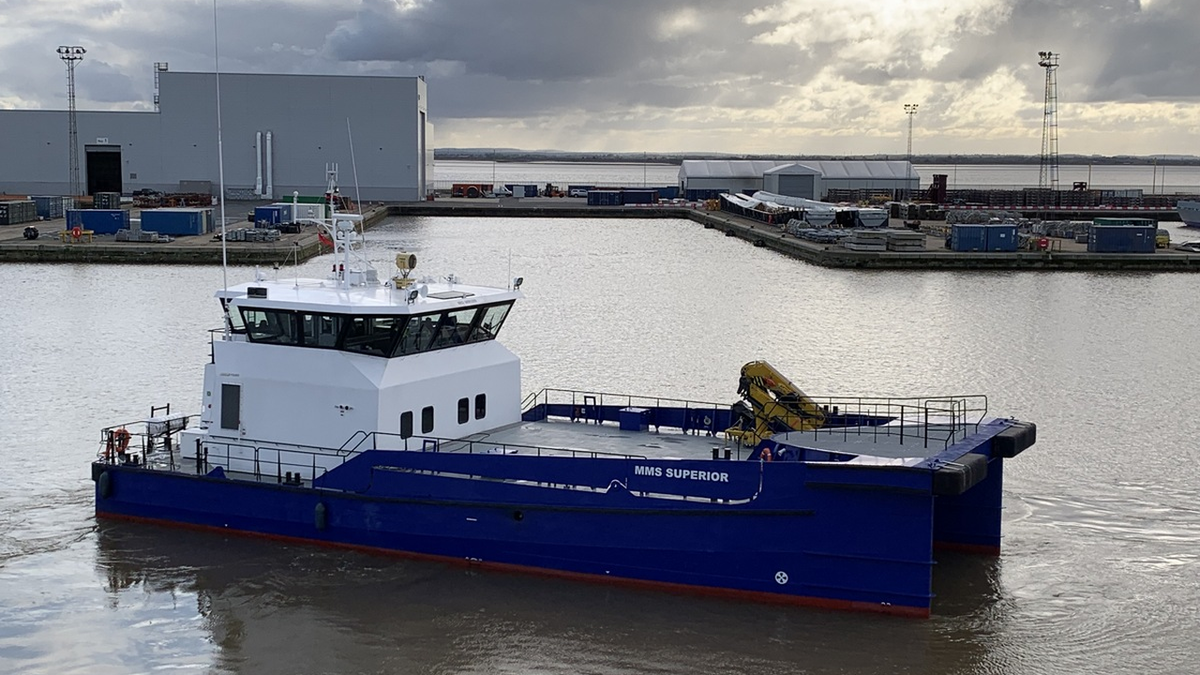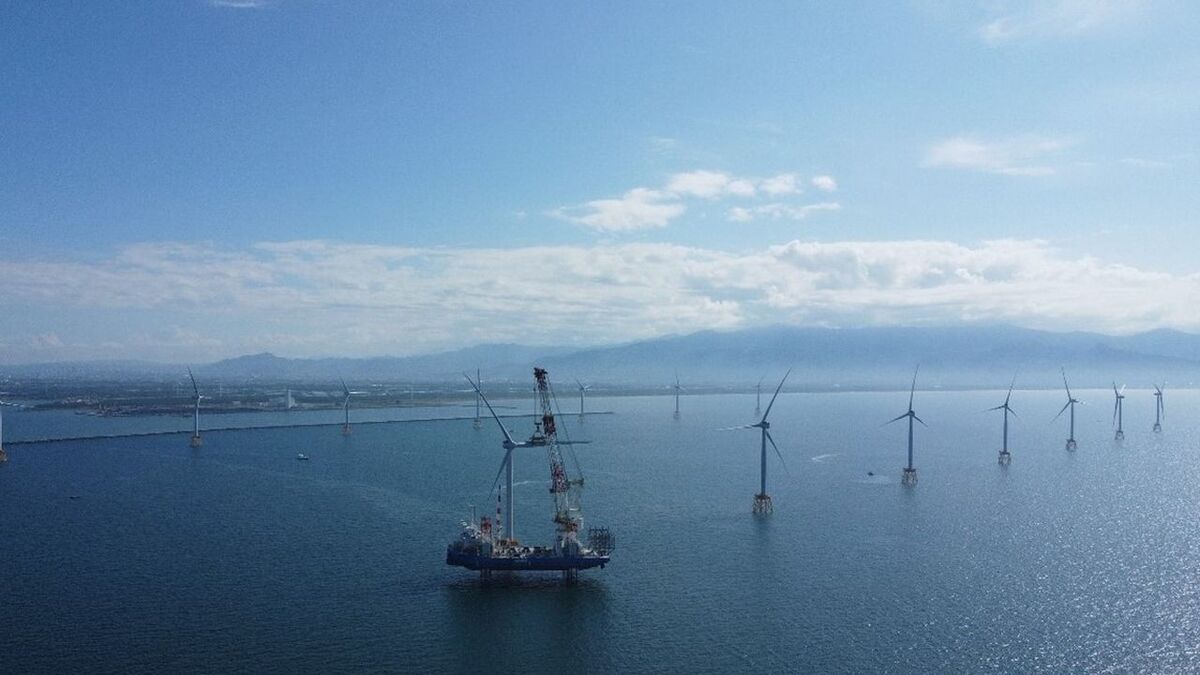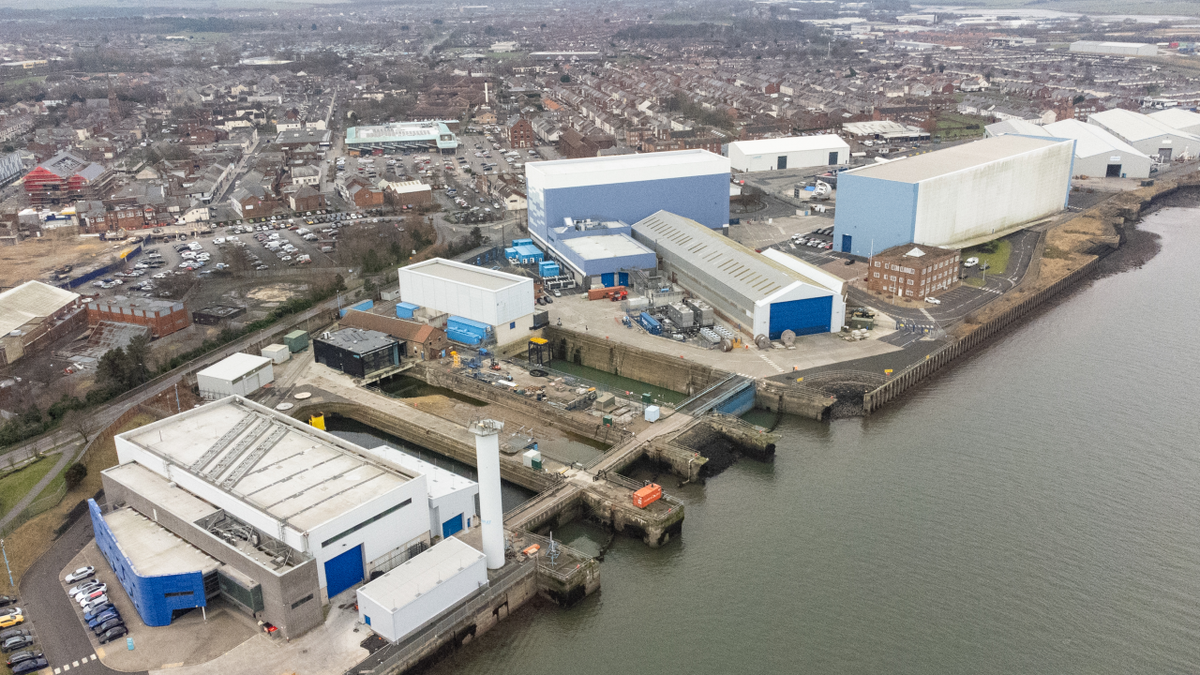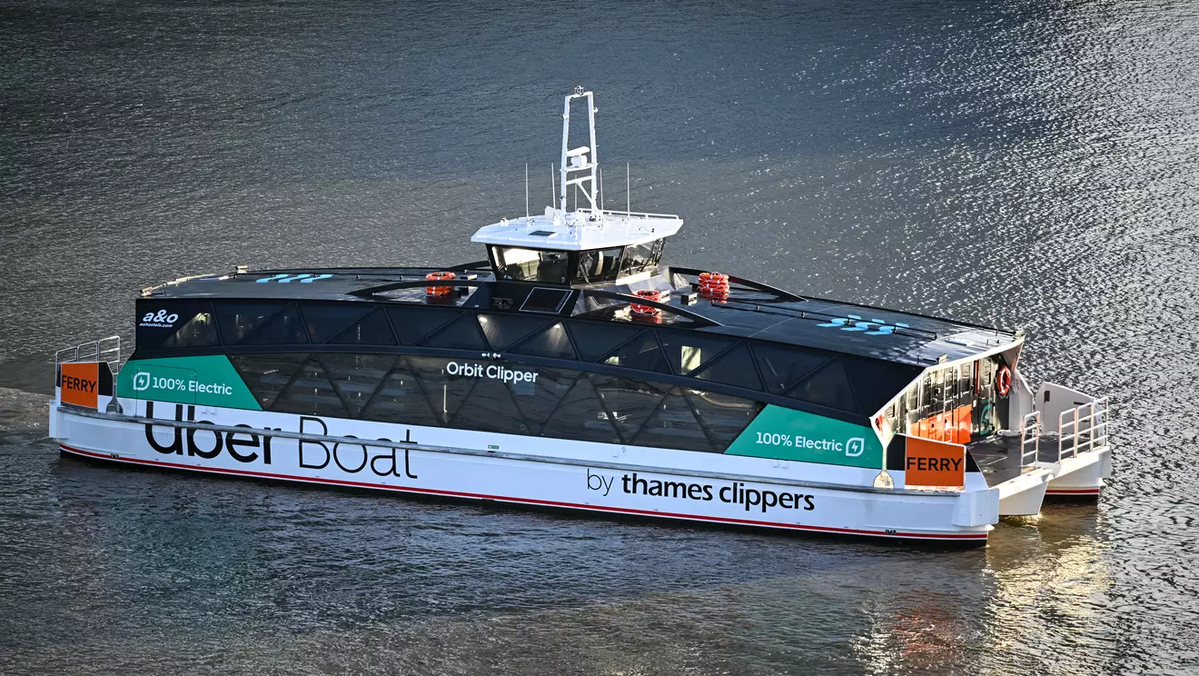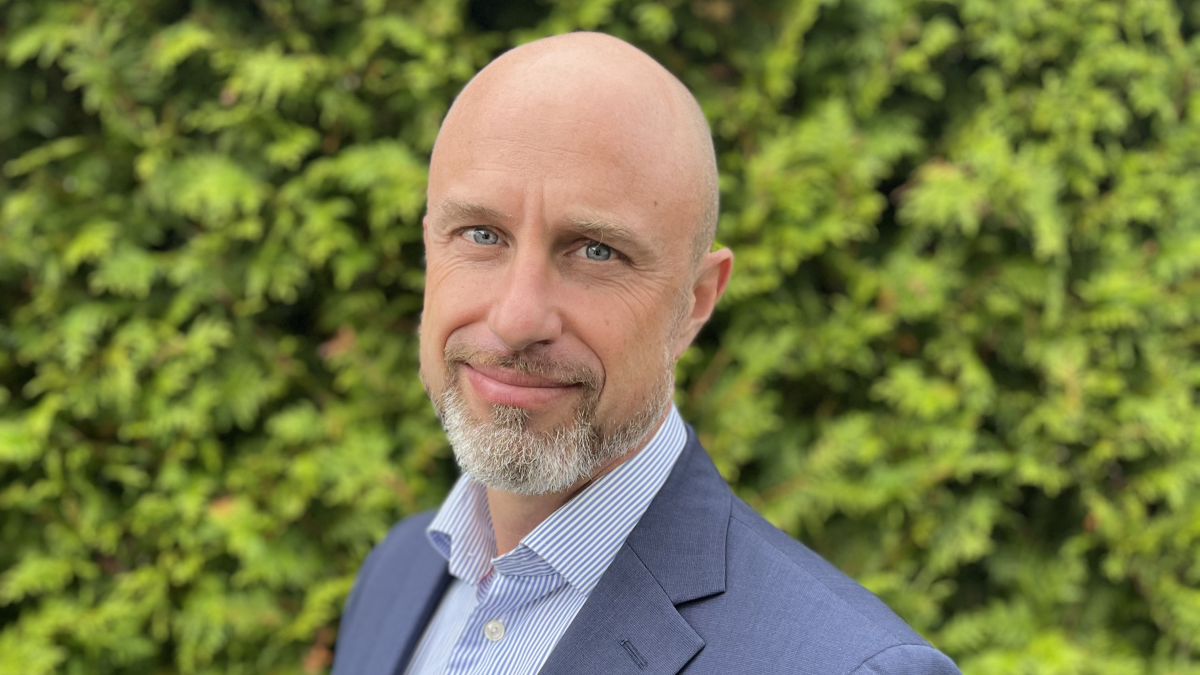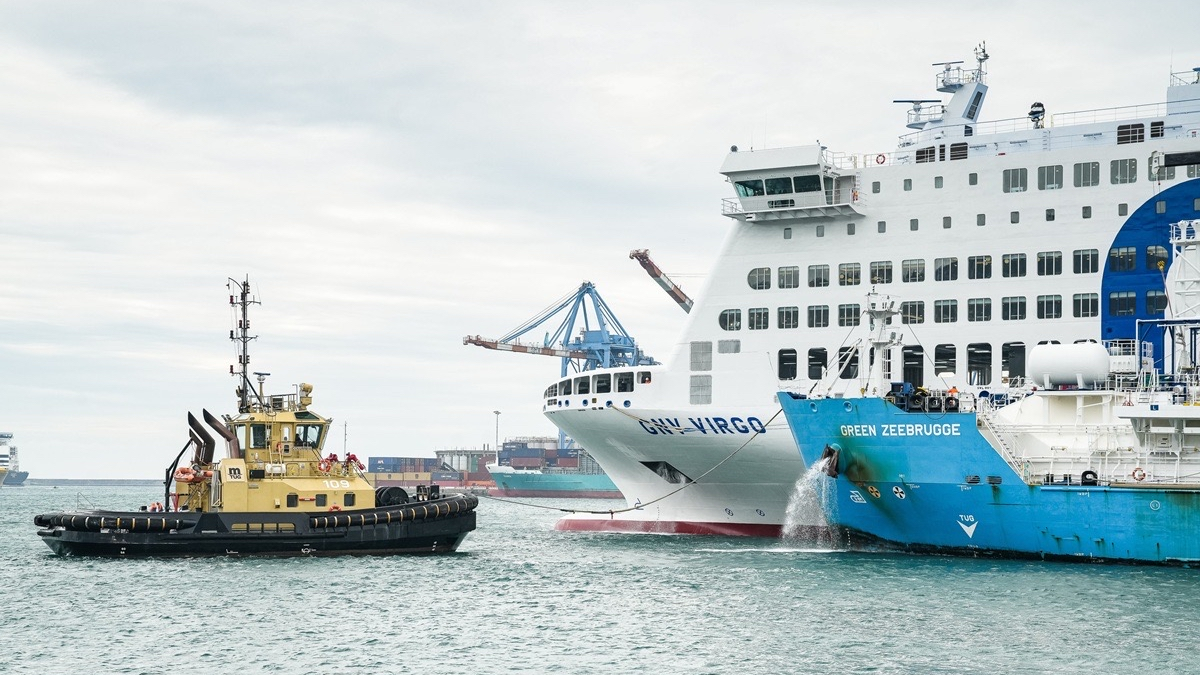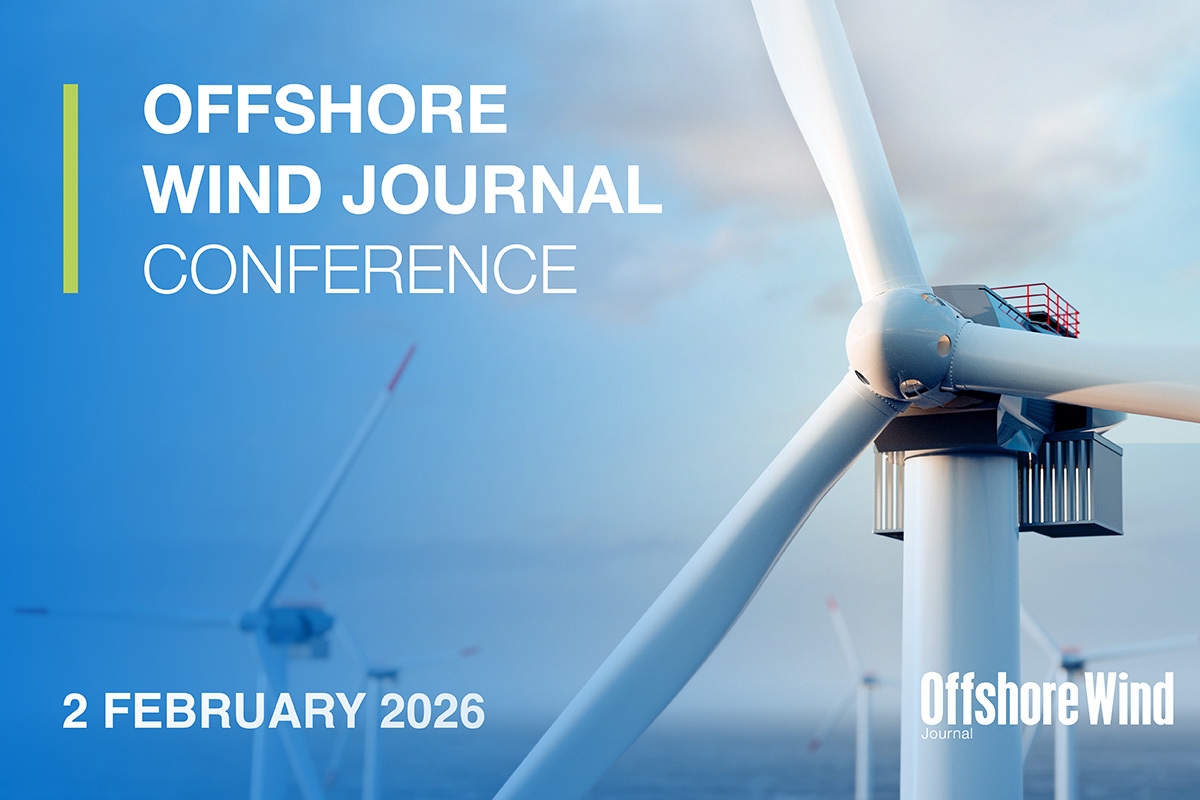Business Sectors
Events
Offshore Support Journal Conference, Middle East 2025
Contents
Massive infrastructure investment needed to meet IMO's 2050 goals, says MCA head
Development of land-based infrastructure on a “breathtaking” scale is needed if IMO’s 2050 target of a 50% reduction in greenhouse gas (GHG) emissions is to be achieved via alternative fuels, says UK Maritime & Coastguard Agency (MCA) chief executive Brian Johnson
Mr Johnson made his comments during a roundtable event at London International Shipping Week hosted by the Indian Register of Shipping (IR Class), with fellow participants including IR Class executive chairman Arun Sharma and managing director Suresh Sinha, Thome Group chief executive Olav Nortun, International Union of Marine Insurance secretary general Lars Lange and Baltic Exchange chairman Dennis Petropolous.
“LNG isn’t going to get us anywhere near to the goal [and] for most of the alternative fuels being proposed there are breathtaking quantities of land-based infrastructure to put in place,” said Mr Johnson.
The alternatives to using fossil fuels involve either generating power on board vessels via nuclear power, which would be socially unacceptable, or by producing power on land and transferring it to vessels, explained Mr Johnson, who has previously designed land-based hydrogen, ammonia and methanol plants.
“I don’t think we’ve started to think seriously about that [and] we are really up against it, timewise,” he said, noting that developing such infrastructure can require as much as 20 years’ lead time.
“One of the key partners in this is government, because without massive investment stimulated by governments around the world, this infrastructure simply will not be in place,” he said.
Organisations such as MCA, which manages the Coast Guard, oversees shipping regulation and manages the flag in the UK, have a key role to play in the transition, said Mr Johnson. “I feel like we have a responsibility to try to pull the different parties together who can help us build the solutions,” he said, adding “Certainly IMO has a massive role.”
IR Class’s Mr Sharma also commented on prospects for LNG as fuel, noting that while in the short term it could provide a slight reduction in emissions and act as an intermediary fuel, it was not a long-term solution.
Mr Johnson also drew on his experiences in the chemical industry to note that the challenge shipping faces goes far beyond addressing current popular concerns to forecasting what public perception will be as far as 30 years into the future.
As well as developing the fuels themselves and associated infrastructure, international standards must be established for safely operating alternative fuels, said Mr Johnson. “The safety standards that will have to operate with these fuels are in a different galaxy compared with heavy fuel oils, and that brings with it not just engineering challenges, but operating and training challenges.
“I think this is probably the most cataclysmic thing happening in shipping just now,” he said, adding “It will completely redefine the sector, and it’s bigger than we think it is at the moment.”
Related to this Story
Events
Offshore Support Journal Conference, Middle East 2025
Maritime Regulations Webinar Week
Maritime Decarbonization Conference, Americas 2026
Offshore Wind Journal Conference 2026
© 2024 Riviera Maritime Media Ltd.
